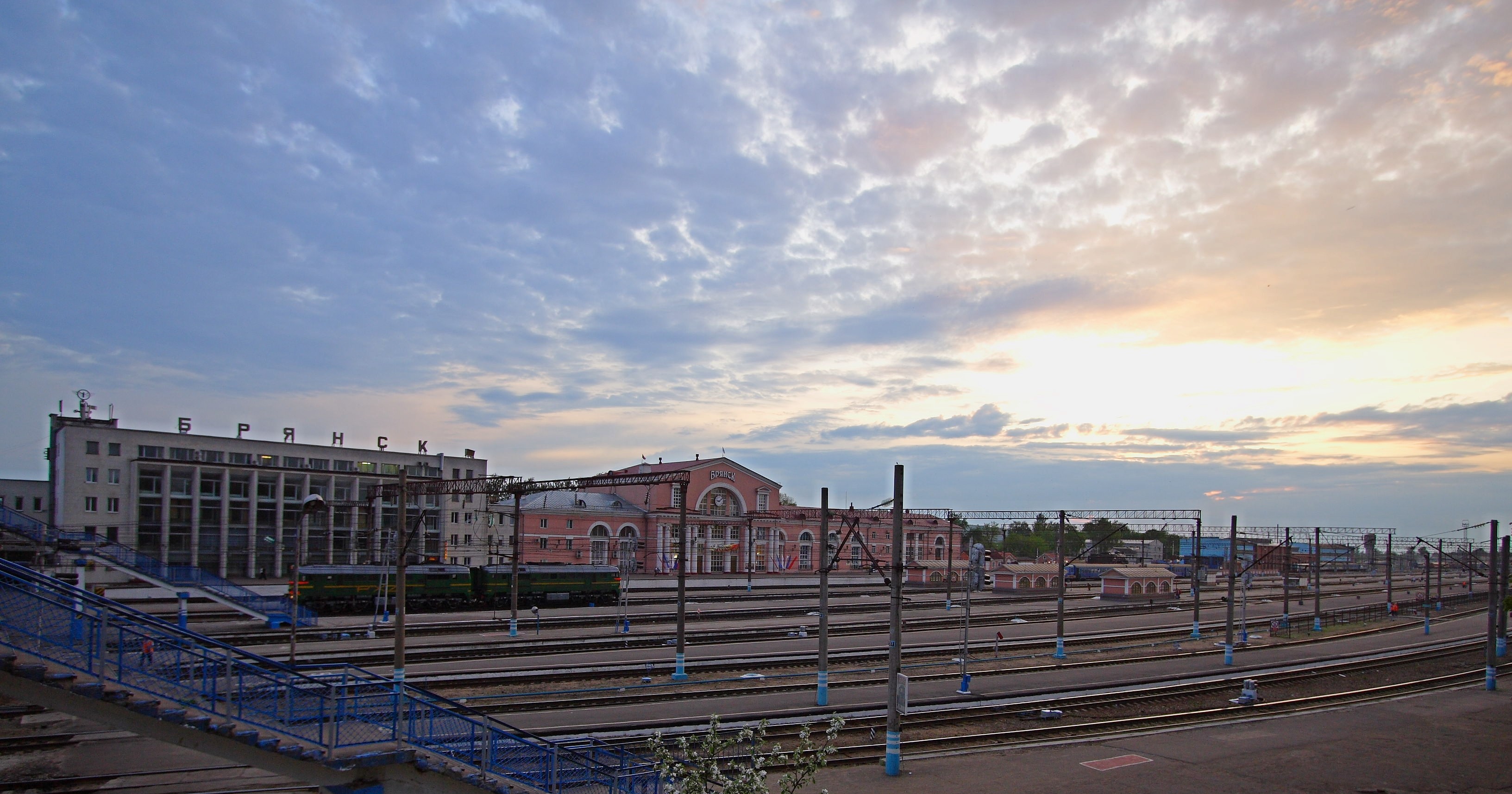|
Stanke Dimitrov
Stefan Dimitrov Todorov () (5 February 1889 – 26 August 1944), better known as Stanke Dimitrov (Станке Димитров) or under the pseudonym Marek (Марек), was a high-ranking Bulgarian Communist Party activist and anti-fascist. Todorov was born in Dupnitsa. He was one of the supporters of a plan that later became the St Nedelya Church assault. He died in an aviation accident near Bryansk Bryansk ( rus, Брянск, p=brʲansk) is a city and the administrative center of Bryansk Oblast, Russia, situated on the River Desna, southwest of Moscow. Population: Geography Urban layout The location of the settlement was originally ..., aged 56. Stanke Dimitrov Air Strip in Bulgaria is named after him. References Bulgarian communists 1889 births 1944 deaths People from Dupnitsa {{Bulgaria-bio-stub ... [...More Info...] [...Related Items...] OR: [Wikipedia] [Google] [Baidu] |
Bulgarian Communist Party
The Bulgarian Communist Party (BCP; bg, Българска Комунистическа Партия (БКП), Balgarska komunisticheska partiya (BKP)) was the founding and ruling party of the People's Republic of Bulgaria from 1946 until 1989, when the country ceased to be a socialist state. The party had dominated the Fatherland Front, a coalition that took power in 1944, late in World War II, after it led a coup against Bulgaria's tsarist regime in conjunction with the Red Army's crossing the border. It controlled its armed forces, the Bulgarian People's Army. The BCP was organized on the basis of democratic centralism, a principle introduced by the Russian Marxist scholar and leader Vladimir Lenin, which entails democratic and open discussion on policy on the condition of unity in upholding the agreed upon policies. The highest body of the BCP was the Party Congress, convened every fifth year. When the Party Congress was not in session, the Central Committee was the hig ... [...More Info...] [...Related Items...] OR: [Wikipedia] [Google] [Baidu] |
Anti-fascist
Anti-fascism is a political movement in opposition to fascist ideologies, groups and individuals. Beginning in European countries in the 1920s, it was at its most significant shortly before and during World War II, where the Axis powers were opposed by many countries forming the Allies of World War II and dozens of resistance movements worldwide. Anti-fascism has been an element of movements across the political spectrum and holding many different political positions such as anarchism, communism, pacifism, republicanism, social democracy, socialism and syndicalism as well as centrist, conservative, liberal and nationalist viewpoints. Fascism, a far-right ultra-nationalistic ideology best known for its use by the Italian Fascists and the Nazis, became prominent beginning in the 1910s while organization against fascism began around 1920. Fascism became the state ideology of Italy in 1922 and of Germany in 1933, spurring a large increase in anti-fascist action, including G ... [...More Info...] [...Related Items...] OR: [Wikipedia] [Google] [Baidu] |
Dupnitsa
Dupnitsa, or Dupnica ( bg, Дупница (previously ), ), is a town in Western Bulgaria. It is at the foot of the highest mountains in the Balkan Peninsula – the Rila Mountains, and about south of the capital Sofia. Dupnitsa is the second largest town in Kyustendil Province. History The town has existed since ancient times. The German traveller Arnold von Harff visited Dupnitsa in 1499 and described it as a "beautiful town". The names ''Tobinitsa'', ''Doupla'' and ''Dubnitsa'' are mentioned throughout history, the last one used until the Liberation of Bulgaria, when the official name was changed to ''Dupnitsa''. In 1948 the town was renamed ''Stanke Dimitrov''; for a short period in 1949 it was called ''Marek''; the name was changed to ''Stanke Dimitrov'' in 1950. After the democratic changes, the old name ''Dupnitsa'' was restored. On 15 October 1902, around 600 women and children fled to the vicinity of Dupnitsa from Macedonia from the attacking Turkish troops. On a ... [...More Info...] [...Related Items...] OR: [Wikipedia] [Google] [Baidu] |
St Nedelya Church Assault
The St Nedelya Church assault was a terrorist attack on St Nedelya Church in Sofia, Bulgaria. It was carried out on 16 April 1925, when a group of the Military Organisation of the Bulgarian Communist Party directed and supplied by the Soviet Military Intelligence blew up the church's roof during the funeral service of General Konstantin Georgiev, who had been killed in a previous communist assault on 14 April. 150 people, mainly from the country's political and military elite, were killed in the attack and around 500 bystander believers, who attended the liturgy, were injured. Preparation After the failure of the September Uprising in 1923 and the prohibition of the BCP by the Bulgarian Supreme Court of Appeal on 2 April 1924, the Communist Party found itself in a difficult situation. The government arrested many activists and the organization's very existence was under threat. A Special Punitive Group was established as part of the Central Committee of the BCP, including Yako Do ... [...More Info...] [...Related Items...] OR: [Wikipedia] [Google] [Baidu] |
Bryansk
Bryansk ( rus, Брянск, p=brʲansk) is a city and the administrative center of Bryansk Oblast, Russia, situated on the River Desna, southwest of Moscow. Population: Geography Urban layout The location of the settlement was originally associated with navigable river-routes and was located in the area of the Chashin Kurgan, where the fortress walls were erected. For reasons that have not yet been clarified, the city changed its location and by the middle of the 12th century had established itself on the steep slopes of the right bank of the Desna on Pokrovskaya Hill (russian: Покровская гора). The foundations of the future urban development of the city were laid even earlier, when around the city-fortress in the 17th century after the Time of Troubles of 1598-1613 on the coastal strip at the foot of the Bryansk fortress the posadskaya "Zatinnaya Sloboda" was upset, and on the upper plateau, between Verkhniy Sudok and White Kolodez - the "Streletskaya Slobod ... [...More Info...] [...Related Items...] OR: [Wikipedia] [Google] [Baidu] |
Bulgarian Communists
Bulgarian may refer to: * Something of, from, or related to the country of Bulgaria * Bulgarians, a South Slavic ethnic group * Bulgarian language, a Slavic language * Bulgarian alphabet * A citizen of Bulgaria, see Demographics of Bulgaria * Bulgarian culture * Bulgarian cuisine, a representative of the cuisine of Southeastern Europe See also * * List of Bulgarians, include * Bulgarian name, names of Bulgarians * Bulgarian umbrella, an umbrella with a hidden pneumatic mechanism * Bulgar (other) * Bulgarian-Serbian War (other) The term Bulgarian-Serbian War or Serbian-Bulgarian War may refer to: * Bulgarian-Serbian War (839-842) * Bulgarian-Serbian War (853) * Bulgarian-Serbian wars (917-924) * Bulgarian-Serbian War (1330) * Bulgarian-Serbian War (1885) * Bulgarian ... {{disambiguation Language and nationality disambiguation pages ... [...More Info...] [...Related Items...] OR: [Wikipedia] [Google] [Baidu] |
1889 Births
Events January–March * January 1 ** The total solar eclipse of January 1, 1889 is seen over parts of California and Nevada. ** Paiute spiritual leader Wovoka experiences a vision, leading to the start of the Ghost Dance movement in the Dakotas. * January 4 – An Act to Regulate Appointments in the Marine Hospital Service of the United States is signed by President Grover Cleveland. It establishes a Commissioned Corps of officers, as a predecessor to the modern-day U.S. Public Health Service Commissioned Corps. * January 5 – Preston North End F.C. is declared the winner of the inaugural Football League in England. * January 8 – Herman Hollerith receives a patent for his electric tabulating machine in the United States. * January 15 – The Coca-Cola Company is originally incorporated as the Pemberton Medicine Company in Atlanta, Georgia. * January 22 – Columbia Phonograph is formed in Washington, D.C. * January 30 – Rudolf, Crown Prince of Austria a ... [...More Info...] [...Related Items...] OR: [Wikipedia] [Google] [Baidu] |
1944 Deaths
Events Below, the events of World War II have the "WWII" prefix. January * January 2 – WWII: ** Free French General Jean de Lattre de Tassigny is appointed to command French Army B, part of the Sixth United States Army Group in North Africa. ** Landing at Saidor: 13,000 US and Australian troops land on Papua New Guinea, in an attempt to cut off a Japanese retreat. * January 8 – WWII: Philippine Commonwealth troops enter the province of Ilocos Sur in northern Luzon and attack Japanese forces. * January 11 ** President of the United States Franklin D. Roosevelt proposes a Second Bill of Rights for social and economic security, in his State of the Union address. ** The Nazi German administration expands Kraków-Płaszów concentration camp into the larger standalone ''Konzentrationslager Plaszow bei Krakau'' in occupied Poland. * January 12 – WWII: Winston Churchill and Charles de Gaulle begin a 2-day conference in Marrakech. * January 14 – WWII: Sovi ... [...More Info...] [...Related Items...] OR: [Wikipedia] [Google] [Baidu] |






